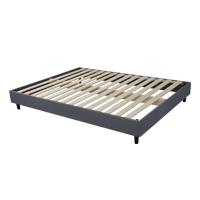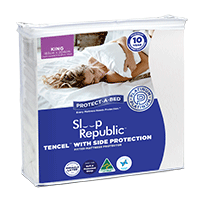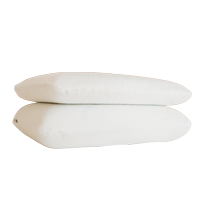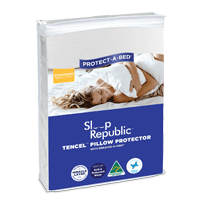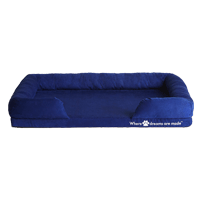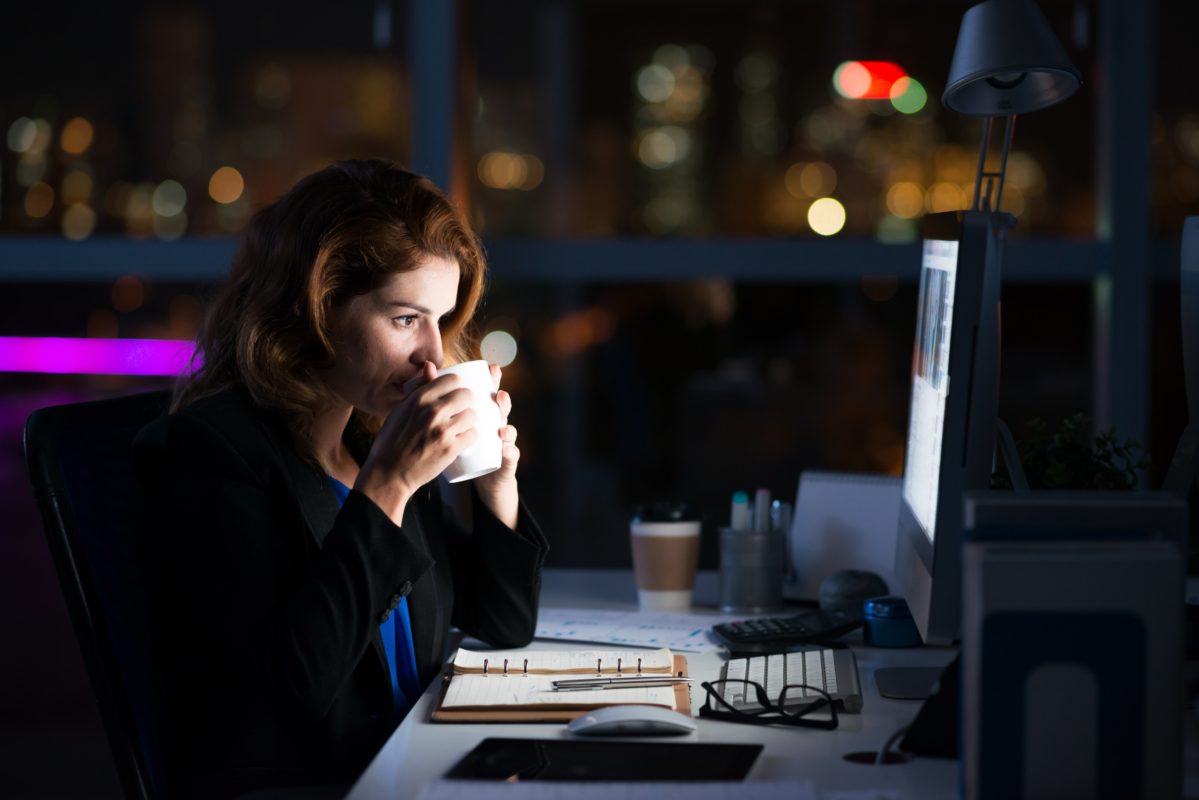Can't Sleep
Why Caffeine is Bad for Sleep
It’s no secret that caffeine is a stimulant. For many people, drinking coffee in the morning is the only way to get started and feel awake. But what about caffeine’s effects on sleep? Does it actually keep you up at night?
In this blog post, we will discuss the truth about caffeine and sleep. We will answer common questions such as “Does caffeine affect sleep?” and “How much caffeine can you have before bed?” Read on to learn more.
What Caffeine Does To Your Body
Caffeine is a naturally occurring compound found in coffee beans, tea leaves, and cocoa pods. It’s also added to certain foods and drinks, such as cola and energy drinks. Caffeine is a stimulant which speeds up the body’s activities. When consumed, caffeine enters the bloodstream and travels to the brain. There, it blocks adenosine receptors. Adenosine is a chemical that usually makes people feel sleepy. By blocking these receptors, caffeine prevents adenosine from doing its job, which keeps people feeling alert and awake.
The Effects of Caffeine on Sleep
Caffeine can make it difficult to fall asleep and cause disruptions during sleep. The half-life of caffeine is about five hours, meaning it takes about five hours for the body to eliminate half of the caffeine consumed. So if you consume caffeine late in the day, it can disrupt your sleep later that night. If you’re having trouble falling asleep, it’s best to avoid caffeine altogether.
In addition to causing difficulty falling asleep, caffeine also affects the quality of sleep itself. Studies have shown that people who consume caffeine regularly tend to have lighter, less restful sleep than those who don’t drink caffeine.
People who want to improve their sleep should avoid drinking caffeinated beverages after lunchtime. If they need a boost during the day, they might try drinking decaf coffee or tea instead.
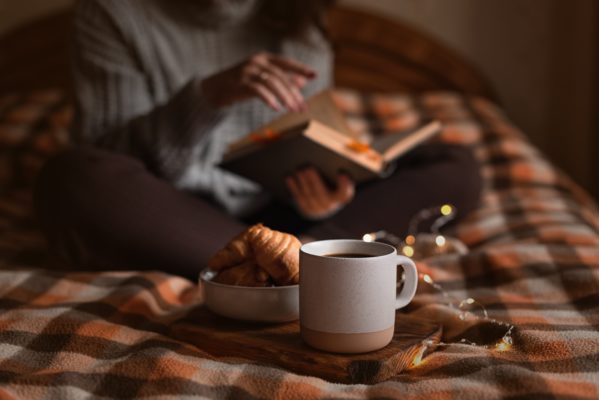
Can Caffeine in the Morning Affect Sleep at Night?
If you’re like most people, you probably enjoy a cup of coffee in the morning. But did you know that your beloved morning cuppa can actually affect your ability to sleep at night?
While a small amount of caffeine can help you feel more alert and improve your focus, too much can have the opposite effect. If you consume too much caffeine during the day, it can lead to difficulty falling asleep at night. And even if you do manage to fall asleep, chances are you won’t get a restful night’s slumber.
So how can you enjoy your morning coffee without it impacting bedtime? The key is to moderate your caffeine intake. Unfortunately, the question of how to sleep with too much caffeine in your system doesn’t really have another answer – most people can’t sleep after too much caffeine.
It’s best to avoid the problem altogether. Stick to one or two cups of coffee per day, and avoid drinking caffeine late in the afternoon or evening. However, if you do find yourself up late at night, there are a few strategies you can try when it comes to how to get to sleep after drinking coffee.
- Drink a glass of warm milk before bed
- Take a hot bath or shower before hopping under the cover
- Read a book or listen to soothing music to relax
How Much Caffeine is Too Much?
The amount of caffeine needed to block adenosine receptors varies from person to person. Therefore, some people might only need a small amount of caffeine to feel its effects, while others may need more.
The general recommended daily limit for caffeine is 400mg per day. This includes all sources of caffeine, such as coffee, tea, energy drinks, and chocolate. Exceeding this limit can cause side effects such as restlessness, irritability, upset stomach, and insomnia.
Tips for Reducing Caffeine Intake
If you’re looking to reduce your caffeine intake, try some of the following tips:
- Drink decaffeinated tea or coffee.
- Another option is to drink herbal teas like chamomile or lavender, which have a calming effect and help you relax before bedtime.
- Avoid caffeinated energy drinks and sodas, as they contain large amounts of caffeine and can keep you up at night.
- Limit the amount of chocolate you eat in the evening, as it also contains caffeine.
Is Black Tea Good for Sleep?
Some people believe that drinking black tea instead of coffee is better for sleep. However, there is no conclusive evidence that black tea works in this way. In fact, drinking black tea before bed may have the opposite effect since it stil contains caffeine. Try avoiding all sources of caffeine in the evening if you’re looking for a good night’s sleep. Instead, try drinking chamomile or lavender tea to calm your body and mind.
How to Wean Yourself Off Caffeine, Gradually
There are a few different ways that you can go about gradually weaning yourself off caffeine. One way is to reduce the amount of caffeine you have each day by half until you’re down to none. Another way is to substitute caffeinated drinks with decaffeinated versions little by little until you no longer need the caffeine boost. Whichever method you choose, give yourself plenty of time – it can take anywhere from a week to two months to fully detox from caffeine.
If you’re struggling with headaches, fatigue, or irritability during the withdrawal process, speak to your GP. They may be able to prescribe medications or other treatments to help make the process a bit more comfortable. In the end, though, it’s worth it to wean yourself off caffeine – not only will you feel better overall, but you’ll also reduce your risk of developing chronic health problems down the road. Not to mention you’ll sleep far better!
So if you’re ready to give up caffeine for good, follow these tips, and you’ll be on your way!
Want to Further Improve Your Sleep Quality?
If you’re confident that caffeine isn’t the reason you’re having trouble falling asleep, your mattress could be the issue. It might have become lumpy with age or simply be the wrong kind of mattress for you. Sleep Republic’s renowned high-definition pocket spring mattress can help.
With a gel-infused memory foam layer that aids temperature control and pressure, our mattress is super supportive and great for those with back pain. There are some excellent reasons why our mattress in a box is so popular with Australians: a stellar mattress, free delivery and a 100-night satisfaction guarantee. So why not give it a go?


